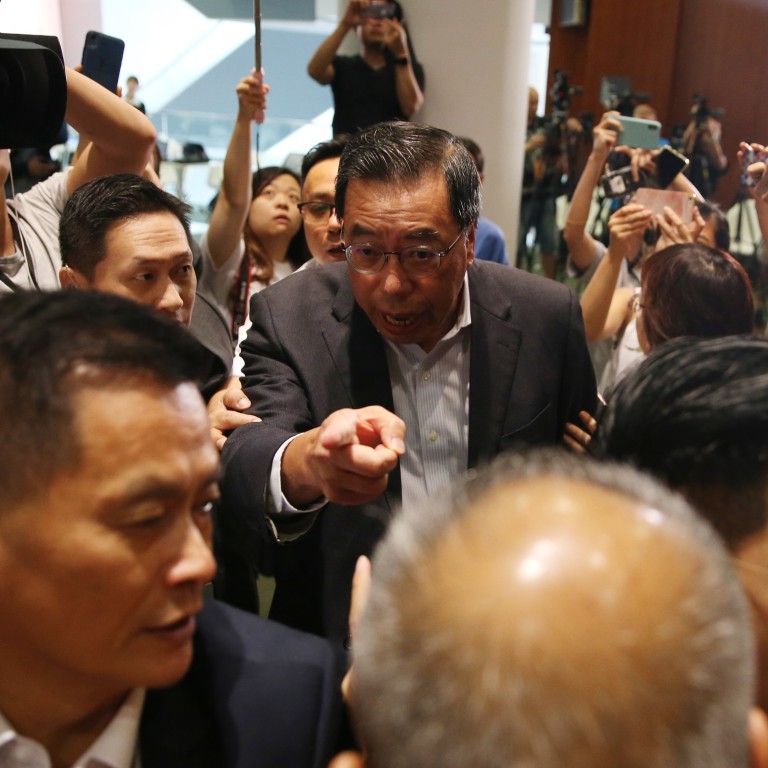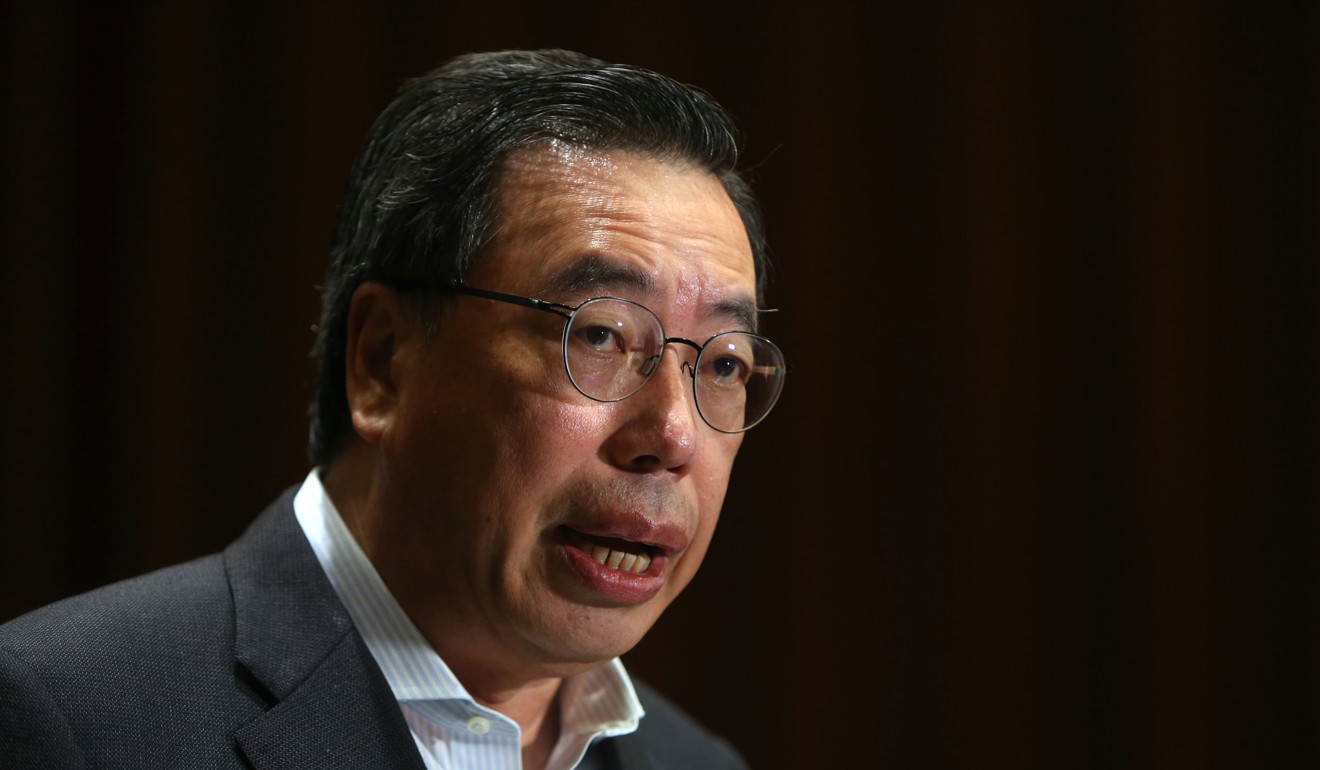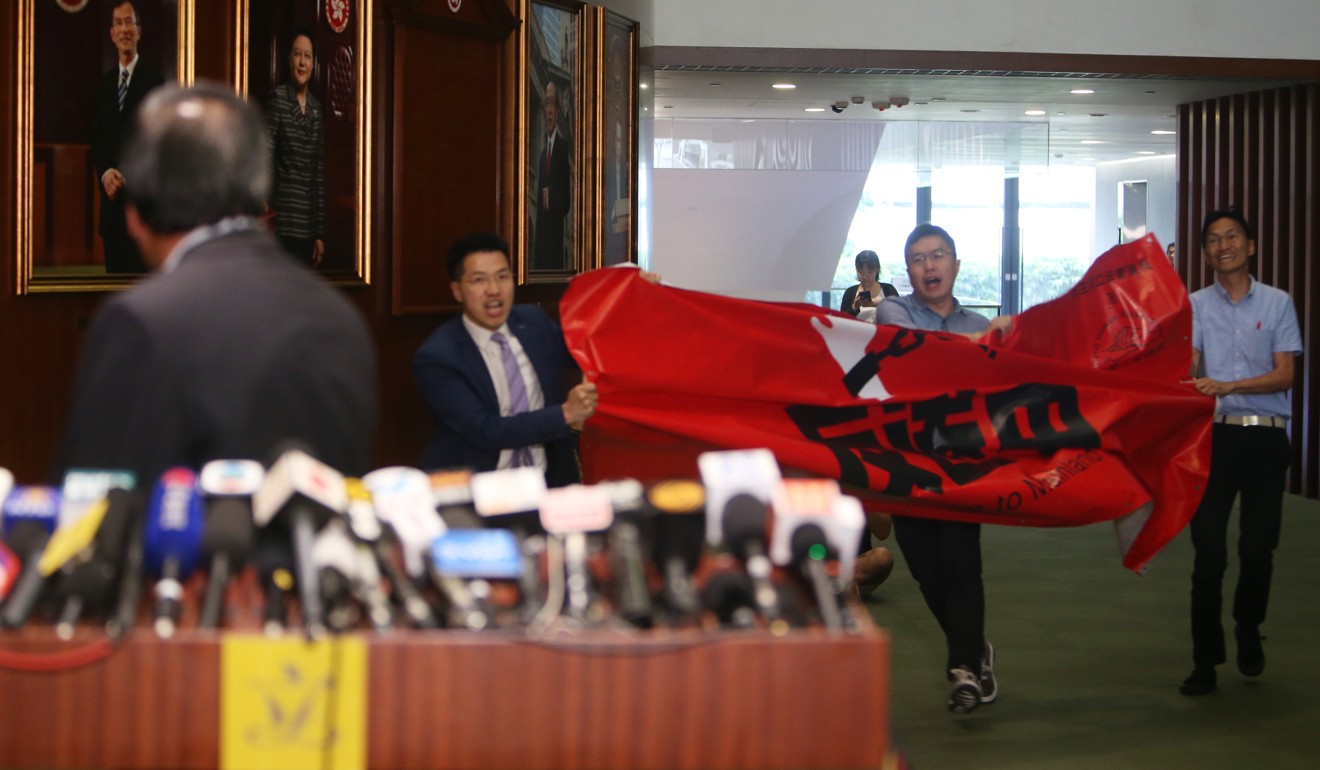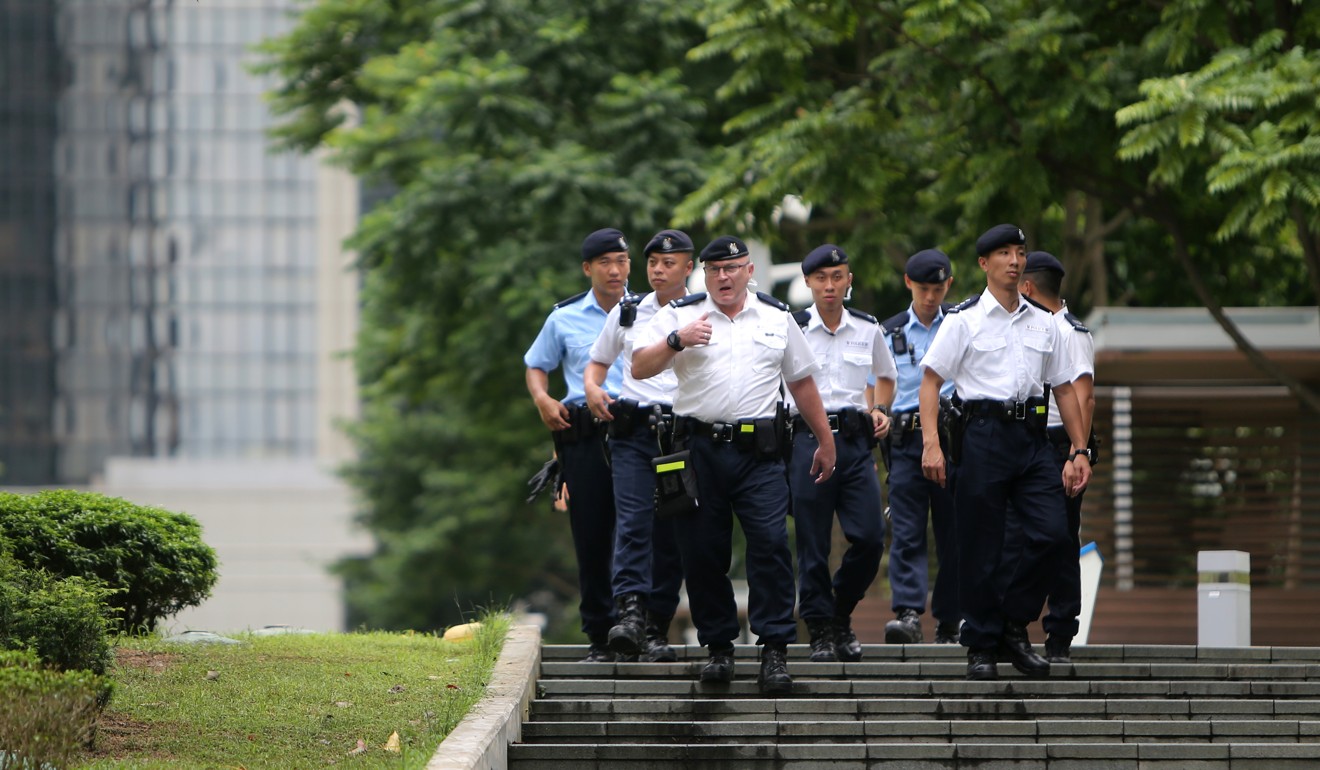
Hong Kong’s extradition bill could pass next week as Legislative Council President Andrew Leung limits debate time
- Pan-democrats furious as President Andrew Leung sets aside 61 hours to debate bill, meaning it could be passed by June 20
- Leung says time was limited partly because Security Bureau stressed urgency of the amendment
Hong Kong’s contentious extradition amendment could now be passed as soon as next Thursday, after the legislature’s chief said on Tuesday that only 61 hours would be allocated to scrutinise the bill.
Andrew Leung Kwan-yuen, the president of the Legislative Council, made the announcement two days after more than 1 million Hongkongers, according to some estimates, took to streets to protest against the bill.
The Legco Commission, which is also chaired by Leung, decided on Monday to close down a protest zone outside the Legco building and limit access to the complex when a security alert is in force.
Chief Executive Carrie Lam Cheng Yuet-ngor and her administration have spent months pushing for the amendment, which would allow the case-by-case transfer of criminal suspects to jurisdictions with which the city does not have an extradition arrangement, including the mainland.

Pan-democratics have called for the bill to be shelved. They expected Leung to allow sufficient time for lawmakers to debate the bill before the legislature’s summer recess starts in mid-July.
Leung said he set aside only 61 hours for the debate partly because the Security Bureau had emphasised the urgency of passing the amendment.
There are also several other bills that the government would like lawmakers to pass before the summer break, he added.
Under Leung’s plan, lawmakers would scrutinise the bill from Wednesday to Friday, and from Monday to next Thursday, June 20. The bill would then be put to vote the same day.
“If lawmakers are using their time well, and need more time, there will be flexibility for time to be added. But if they resort to procedural arguments and create chaos, I will reduce their allocated time,” Leung said.

Last June, the Legco passed a controversial co-location bill that allowed joint checkpoint arrangements for a cross-border express rail link.
Leung said on Tuesday that the debate on the co-location bill only took about 30 hours. In comparison, he said he had already allocated much more time for the extradition bill.
But the pan-democrats were furious about Leung’s plan for the bill. Before Leung finished his media briefing, legislators Gary Fan Kwok-wai, Au Nok-hin and Eddie Chu Hoi-dick had left their offices in the building to confront the Legco president.
“How can you be so shameless, Leung Kwan-yuen? A million people took to the streets on Sunday to oppose the bill!” Chu said.
Au added: “What kind of institution are you turning Legco into?”
About 10 more pan-democrat lawmakers soon joined in. The media briefing was abruptly ended and Leung was escorted from the scene by security guards.

The pan-democrats were also angry that the Legco Commission decided on Monday to limit lawmaker assistant’s access to the complex when an “amber” security alert is in force.
The alert can be issued by Legco’s secretariat – after consulting Leung and two commission members – should a protests outside the Legco complex become too rowdy.
The commission ruled on Monday that only five assistants for lawmaker could enter the complex, and they would only be only be allowed in their offices and common areas on the ground and fifth floors of the building.
A group of assistants under pan-democratic lawmakers protested against the ruling, saying it would obstruct them from carrying out their duties.


